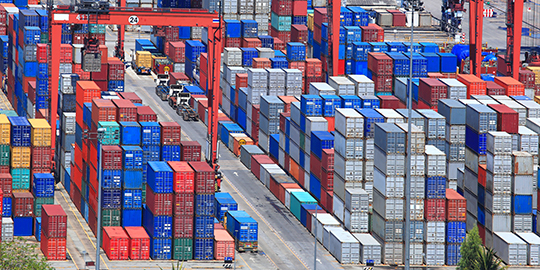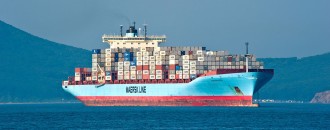
‘India needs multi-modal logistics parks to enhance exports’
India needs multi-model logistics parks with increased participation from private players to reduce shipment cost of products between manufacturing and distribution locations and enhance exports, an industry body has said. “In order to compete with global market and arrest downswing in the exports, the country requires integrated multi-modal logistics parks to efficiently store, retrieve, pack and ship products across the country’s manufacturing and distribution locations in the most cost-effective way,” said the Associated Chamber of Commerce and Industry (ASSOCHAM). In India, the existing logistics facilities are developed primarily in the form of container freight stations, mega-food processing parks and free trade warehousing zones, apart from the individual development. Container train operations are dominated by a few operators with government-owned CONCOR (Container Corporation of India) accounting for a dominant market share. The ASSOCHAM said in its study that factors like initial capital costs such as land acquisition, leveling, paving, access roads etc., are making it difficult for the private dry port operators to charge a price equal to their long-run average cost in order to recover initial capital costs. Entry barriers in terms of regulatory restrictions and large upfront costs make container train operations inherently oligopolistic. “Given the homogenous service offerings and exogenous demand, oligopolistic market bestows a leadership or price setting role on the dominant player,” it said. Expressing concern over the strong public presence in the logistics chain and skewed spatial distribution of inland container depots, the ASSOCHAM said, “The oligopolistic behaviour of state-owned agencies like CONCOR must end.” The study suggested the development of logistics services on PPP (public-private-partnership) models based on pricing policies good enough to attract the private sector, in order to improve operatioanal efficiency and move up on the ease of doing business index. “A successful PPPs (Public - Private-Partnership) model in dry port operations would require pricing policies based on long - run average cost pricing aimed at full cost recovery by public and private dry port operators alike,” it said, adding that this would create a level-playing field for all players.
September 08, 2015 | 4:08pm IST.





 to success.
to success.